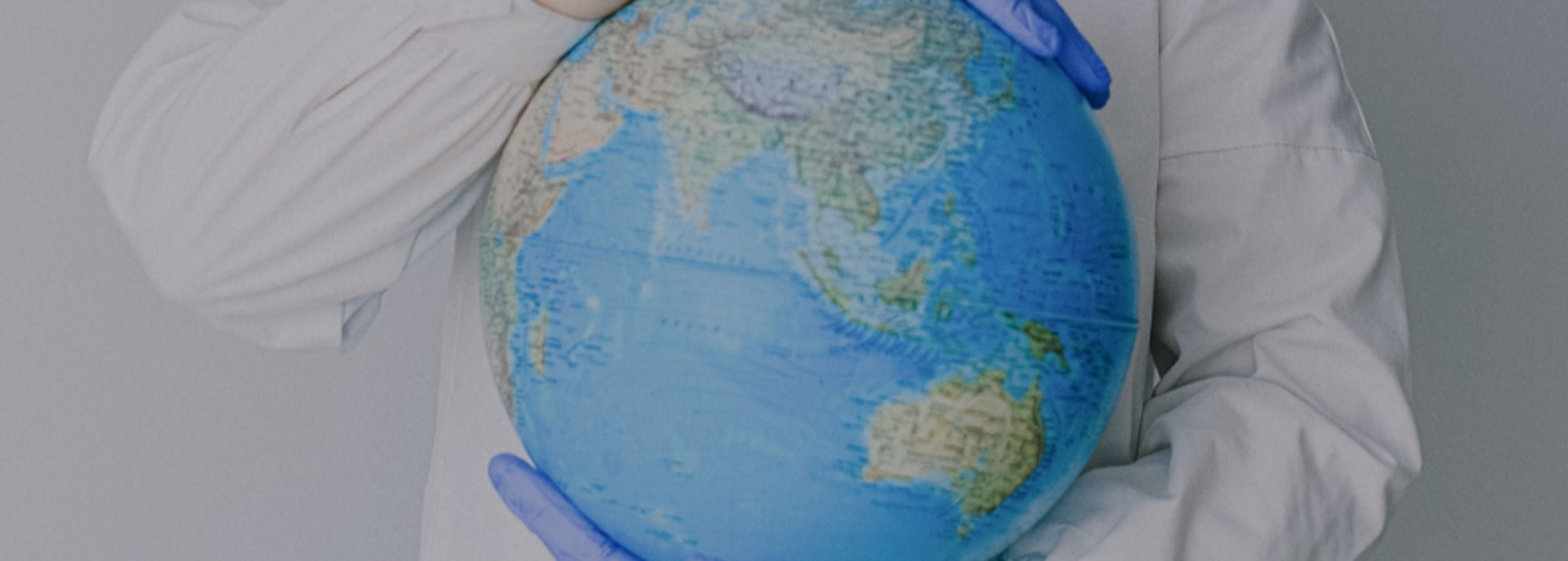On April 7th every year, the World Health Organization – a specialized agency of the United Nations responsible for international public health – chooses a specific theme to highlight. The theme, which has included universal health coverage, depression, diabetes, and health safety in the past, sets the tone for the world stage. This year’s focus for World Health Day is “to build a fairer, healthier world”.

Chosen with the recent pandemic top of mind, this topic reminds everyone that the world is not equal. As the COVID-19 coronavirus has demonstrated, some people have better access to health care than others just because of their circumstances – like where they live, how old they are, and their ethnic background. Around the world, people have struggled with low income, unsatisfactory housing, no education, lack of health care, and scarce employment. Additionally, factors like gender inequality, safe environments, clean water and air, and food security have contributed to this imbalance. As a result, there has been illness that was avoidable, needless suffering, and unnecessary deaths.

While COVID-19 has impacted all countries, its effect has been harshest on communities that were already vulnerable, particularly those more exposed to the disease, those less likely to have access to quality health care, and those more likely to experience adverse consequences due to efforts to contain the pandemic.

This disparity is unfair, but it can be prevented. For this reason, World Health Day this year is appealing to leaders to help ensure that everyone has wholesome living and working conditions. Also, leaders are urged to monitor health inequities and make sure everyone is able to access quality care whenever and wherever they need it.

In connection with this year’s World Health Day theme, having access to clean water is one of the simplest ways for many people to stay healthy. Clean water provides nourishment. Since the human body consists mostly of water, adequate hydration is necessary for bodily systems to function. It helps maintain organs and enables the blood to flow freely and transport oxygen and nutrients throughout the body. Importantly, it helps the body get rid of toxins developed from bodily reactions, obtained from outside sources, or due to the consumption of tainted water.

Clean water also prevents diseases. Many fatal medical conditions, like cholera and typhoid, occurred because contaminated water was consumed. Clean water eliminates many risks associated with water from sewage and contaminated sites like industries.
In addition, clean water is essential for agriculture and food production. If crops and grains are produced with contaminated water, the bacteria and disease spreads to those who consume them. This is why clean water is needed for sanitation purposes as well. When people do not clean themselves or their clothes with clean water, or cook food with contaminated water, it contributes to more disease and illness.

Although having access to clean water is just one important way to support good health, every bit contributes to building a fairer and healthier world.
Images credit:
www.pexels.com



